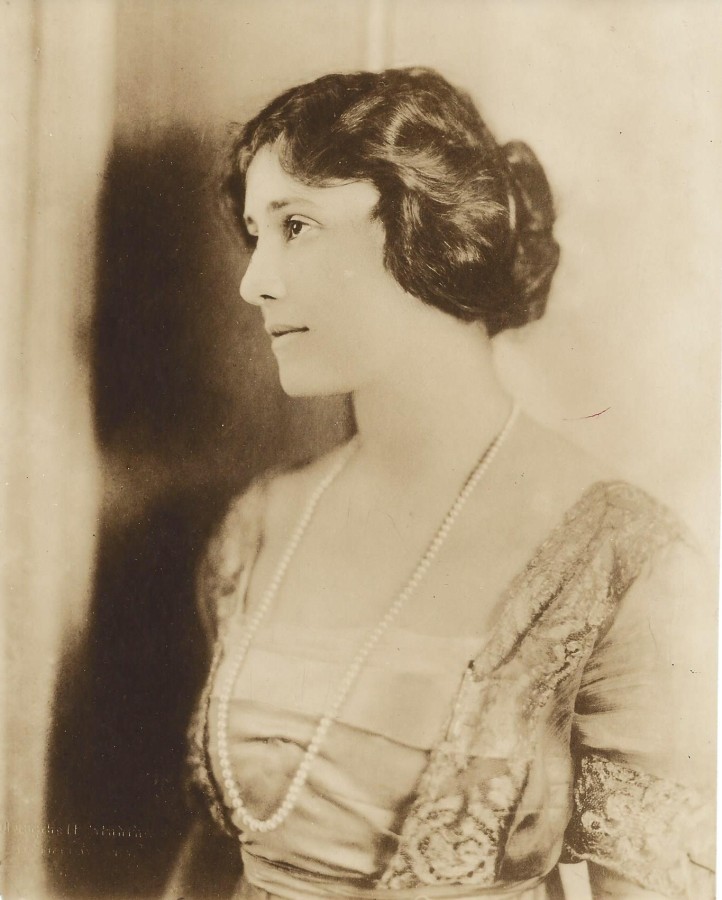The founder of The Junior League, Mary Harriman Rumsey, was a young woman ahead of her time. The daughter of Union Pacific Railroad titan and financier, E.H. Harriman, she traveled extensively with her father on business trips, family wilderness trips, and scientific expeditions. However, it was while she was enrolled at Barnard College and volunteering at the College Settlement that she became convinced her life of privilege required her to work for social reform. Mary saw an untapped resource in her elite debutante friends: a self-perpetuating supply of volunteers who could enrich their own lives by becoming involved in improving social conditions in their city. In 1901, 80 young women came together in New York City and formed the first Junior League as The Junior League for the Promotion of Settlement Movements.
Building on her idea, Rumsey and the League’s leaders brought together experts on the Settlement Movement to provide lectures and instruction to Junior League members, thus designing the archetype of a new kind of civic leadership: volunteer-driven social services and policies grounded in education and intense training from subject-area experts. This model allowed knowledgeable volunteers to fill gaps left by government agencies, private corporations, and individual philanthropists. Her legacy can be seen in enacted legislation at various levels of government and the many social service programs that exist in Junior League communities today: domestic violence shelters, children’s museums, mentoring and self-esteem workshops, human trafficking awareness campaigns, support hotlines, advocacy for incarcerated juveniles, literacy programs, food pantries, nutritional and fitness counseling, community gardens, environmental clean-up efforts, education for immigrants. Today, The Junior League is one of the oldest, largest, and most effective women’s volunteer organizations, encompassing more than 150,000 women in 292 Leagues in the United States, Canada, Mexico and the United Kingdom.
Throughout her life, Rumsey continued to work tirelessly for social reform. She was appointed by President Franklin D. Roosevelt as the Chair of the first consumer’s rights group, The Consumer Advisory Board of the National Recovery Administration, which is today the Treasury Department’s Consumer Financial Protection Bureau. She helped author the Social Security Act and was instrumental in the creation of public playgrounds in New York’s Central Park, one of which still bears her name.
Rumsey had a skill for bringing together people who might not otherwise connect. In addition to bringing her debutante friends to the settlement houses, she brought to her dinner table a diverse group of artists, politicians, business leaders, writers and scientists with the idea that working together was the only way to move society forward.

